By Samantha Garvin
•
February 16, 2021
If you're looking to buy a new property, refinance, or renew an existing mortgage, chances are, you're considering either a fixed or variable rate mortgage. Figuring out which one is the best is entirely up to you! So here's some information to help you along the way. Firstly, let's talk about the fixed-rate mortgage as this is most common and most heavily endorsed by the banks. With a fixed-rate mortgage, your interest rate is "fixed" for a certain term, anywhere from 6 months to 10 years, with the typical term being five years. If market rates fluctuate anytime after you sign on the dotted line, your mortgage rate won't change. You're a rock; your rate is set in stone. Typically a fixed-rate mortgage has a higher rate than a variable. Alternatively, a variable rate is not set in stone; instead, it fluctuates with the market. The variable rate is a component (either plus or minus) to the prime rate. So if the prime rate (set by the government and banks) is 2.45% and the current variable rate is Prime minus .45%, your effective rate would be 2%. Now, if three months after you sign your mortgage documents, the prime rate goes up by .25%, your rate would then move to 2.25%. Typically, variable rates come with a five-year term, although some lenders do allow you to go with a shorter term. So at first glance, the fixed-rate seems to be the safe bet; even if you have to pay a little more to lock-in, and the variable-rate appears to be the wild card. But this might not be the case. Here's the problem, what this doesn't account for is the fact that a fixed-rate mortgage and a variable-rate mortgage have two very different ways of calculating the penalty should you need to break your mortgage. If you decide to break your variable rate mortgage, regardless of how much you have left on your term, you will end up owing three months interest, which works out to roughly two to two and a half payments. Not that bad. With a fixed-rate mortgage, you will pay the greater of either three months interest or what is called an interest rate differential penalty. As every lender calculates their interest rate differential penalty differently, and that calculation is based on market fluctuations and the remaining time left on your term, there is no way to guess at what that penalty will be. However, with that said, it won't be pleasant. If you've ever heard horror stories of banks charging outrageous penalties to break a mortgage, this is an interest rate differential. It's not uncommon to see penalties 10x the amount with a fixed-rate mortgage compared to a variable rate mortgage. There is a reason the banks like people in 5-year term fixed-rate mortgages. The goal of any mortgage should be to pay the least amount of money to the lender as possible. So while a fixed-rate mortgage might provide you with a more stable payment, if "life happens" and you need to break your mortgage, you might end up paying considerably more in fees than you would have ever paid by taking a variable rate. Now, something to think about related to the times we find ourselves in, mid or post-COVID, the Bank of Canada has indicated that rates will remain low for years to come, making the chances of an increase in prime very slim. While there is no way to completely capture all the information required to decide on a fixed or variable rate mortgage in a simple article, if you have questions, please don't hesitate to contact me anytime. I would love to walk you through everything and answer all of your questions.










